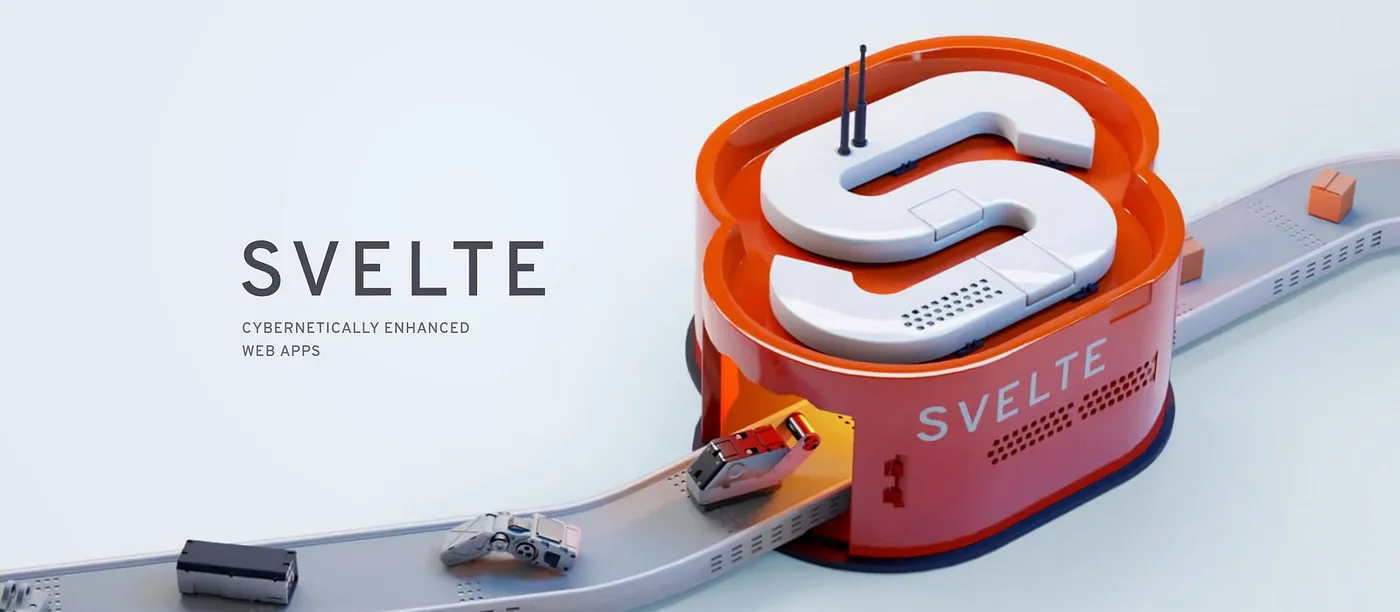How to Use Environment Variables in Sveltekit

What is an environment variable?
Environment variables are variables in your system that describe your environment.
For example, on Unix-like operating systems like Mac and Linux, if we type echo $HOME in the terminal, we will get the path to home. The same is true if we type echo $PATH to list the path to an executable file.
We can set environment variables and they are useful for knowing whether you are in development or production or storing API tokens securely.
In development, you store environment variables in a .env file which should be added to .gitignore.
To help yourself and others in the future, it is a good idea to create a .env.example file with placeholder values that are safe to upload so you know what keys you need.
Using Environment Variables in Sveltekit
SvelteKit exposes four different modules for handling environment variables:
You can load environment variables however you want like using import.meta.env from Vite or dotenv but it’s easier and more secure if you use the built-in modules SvelteKit provides.
Static for variables during the build process
If you’re not sure which one to pick you probably want to use $env/static variables which are imported during build time.
If you have an .env file or store your environment variables somewhere else the next steps are the same.
.env
# Private
SECRET_API_KEY=secret
# Public
PUBLIC_API_KEY=public
For .server use private environment and for client side we can use public environment with PUBLIC_ prefix.
+page.server.ts
import { SECRET_API_KEY } from '$env/static/private'
export async function load() {
console.log(SECRET_API_KEY) // secret 🤫
}
Private environment can only be used with server side e.g. pages in .server route
+page.ts
import { PUBLIC_API_KEY } from '$env/static/public'
export async function load() {
console.log(PUBLIC_API_KEY) // public 📣
}
Public environment can only be used with client side.
Dynamic for variables during runtime
If you have environment variables that change or you can't set them during build, you can use the $env/dynamic import which allows you to access environment variables from the platform your application is running on.
Use $env/dynamic/private to get access to environment variables equivalent to process.env
+page.server.ts
import { env } from '$env/dynamic/private'
export async function load() {
console.log(env.SECRET_API_KEY) // secret 🤫
}
Use $env/dynamic/public to get access to environment variables prefixed with PUBLIC_
+page.ts
import { env } from '$env/dynamic/public'
export async function load() {
console.log(env.PUBLIC_API_KEY) // public 📣
}
Conclusion
Environment variables are used for development process, it is important in development. There are many ways to use environment variables and you can also manage the environment with a third party to secure the environment variables.
Sveltekit provides several ways to use environment variables scoped as static or dynamic.